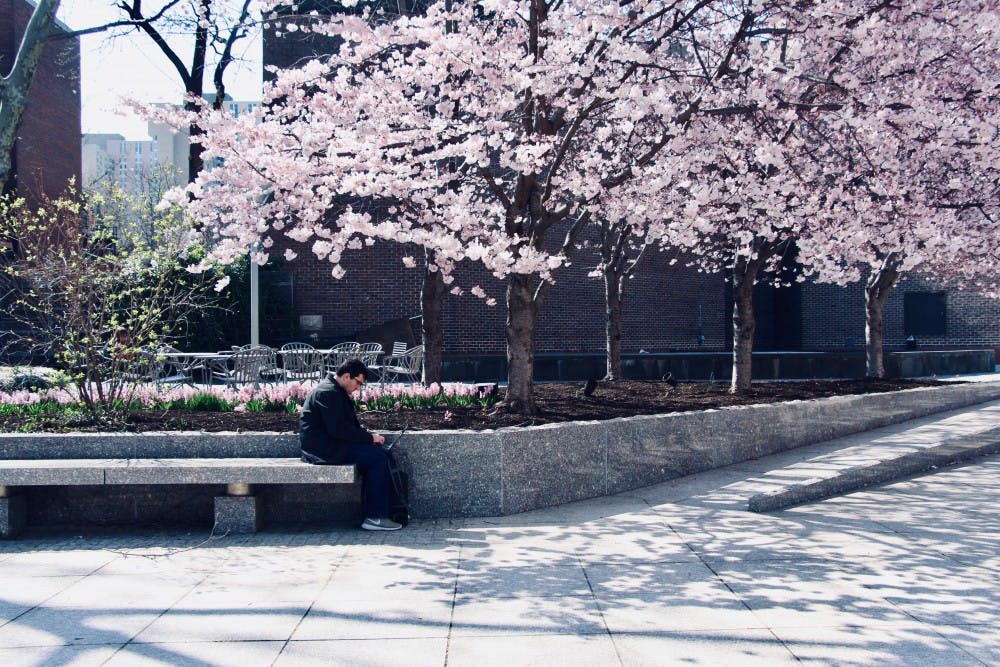
If you have a pulse and have spent any time on Penn’s campus in the last week, you have definitely begun to think about finals. Whether you are holed up writing page after page of a final paper or painstakingly reviewing slides and notes before an exam, stress levels on campus are high. The fact that Penn only allows a short turnaround period between the end of classes and the beginning of finals doesn’t help. In order to promote student mental health and happiness as the semester wraps up, Penn should extend the Reading Day period for future semesters.
The ongoing conversation around mental health on campus runs much deeper than finals stress can adequately encapsulate. As Penn searches for the big solutions, though, it’s worth considering small things to improve students’ well-being as well.
The relentless grind of classes is taxing. It’s reasonable to expect students to need time to decompress from ten weeks of early-morning lectures, quizzes, discussion posts, and recitations, and a couple days is insufficient. Particularly considering the fact that students typically have more than one final exam and that scheduling is done independently, it’s possible for students to have exams in quick succession. There’s no way to decompress from the end of classes and adequately prepare for multiple exams in two days, but this is often what students are asked to do.
Time to relax isn’t the only way that Reading Days can improve campus mental health. A major source of anxiety is the general feeling of being overwhelmed or underprepared that pervades campus during finals. Not only will more time to study improve student performance and learning outcomes, it’s another small tool in the grand fight for improved mental health at Penn.
Students take exams all throughout the semester, so it’s reasonable to ask why there needs to be a special preparatory period when none is required for midterms. While finals are typically longer and cover more material than midterms, there’s an even more insidious reason why this end-of-the-year period makes things tough on students.
Some professors schedule final midterms or assignments due on the final day of classes, even before Reading Days begin. Not only does this storm of papers and problem sets make it difficult to prepare for upcoming finals, exams held during this period are effectively finals with zero Reading Days, even fewer than the paltry two Penn does provide.
More Reading Days is a good eventual goal, but professors themselves could unilaterally improve the situation for students by moving the due date of such assignments to after Reading Days, rather than creating a perfect storm for students just as classes are ending.
This is not a particularly difficult problem for Penn to fix, either. Harvard students get six to seven days off between the end of classes and final exams. Yale students get slightly less than a week. As much as The Daily Pennsylvanian Editorial Board believes our Quaker peers are the brightest in the Ivy League, we don’t think we’re that much smarter, and we’d appreciate some more time off.
Editorials represent the majority view of members of The Daily Pennsylvanian, Inc. Editorial Board, which meets regularly to discuss issues relevant to Penn's campus. Participants in these meetings are not involved in the reporting of articles on related topics.
The Daily Pennsylvanian is an independent, student-run newspaper. Please consider making a donation to support the coverage that shapes the University. Your generosity ensures a future of strong journalism at Penn.
Donate







